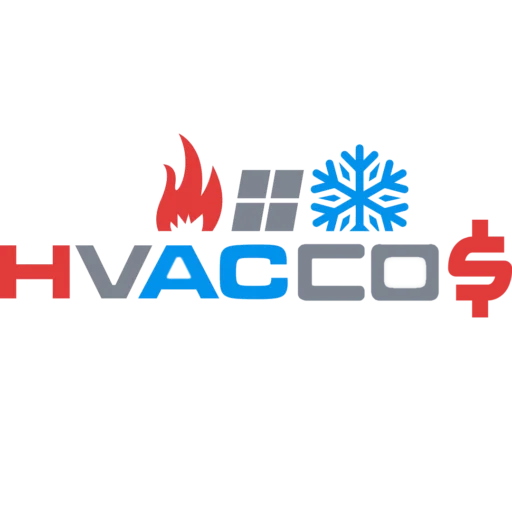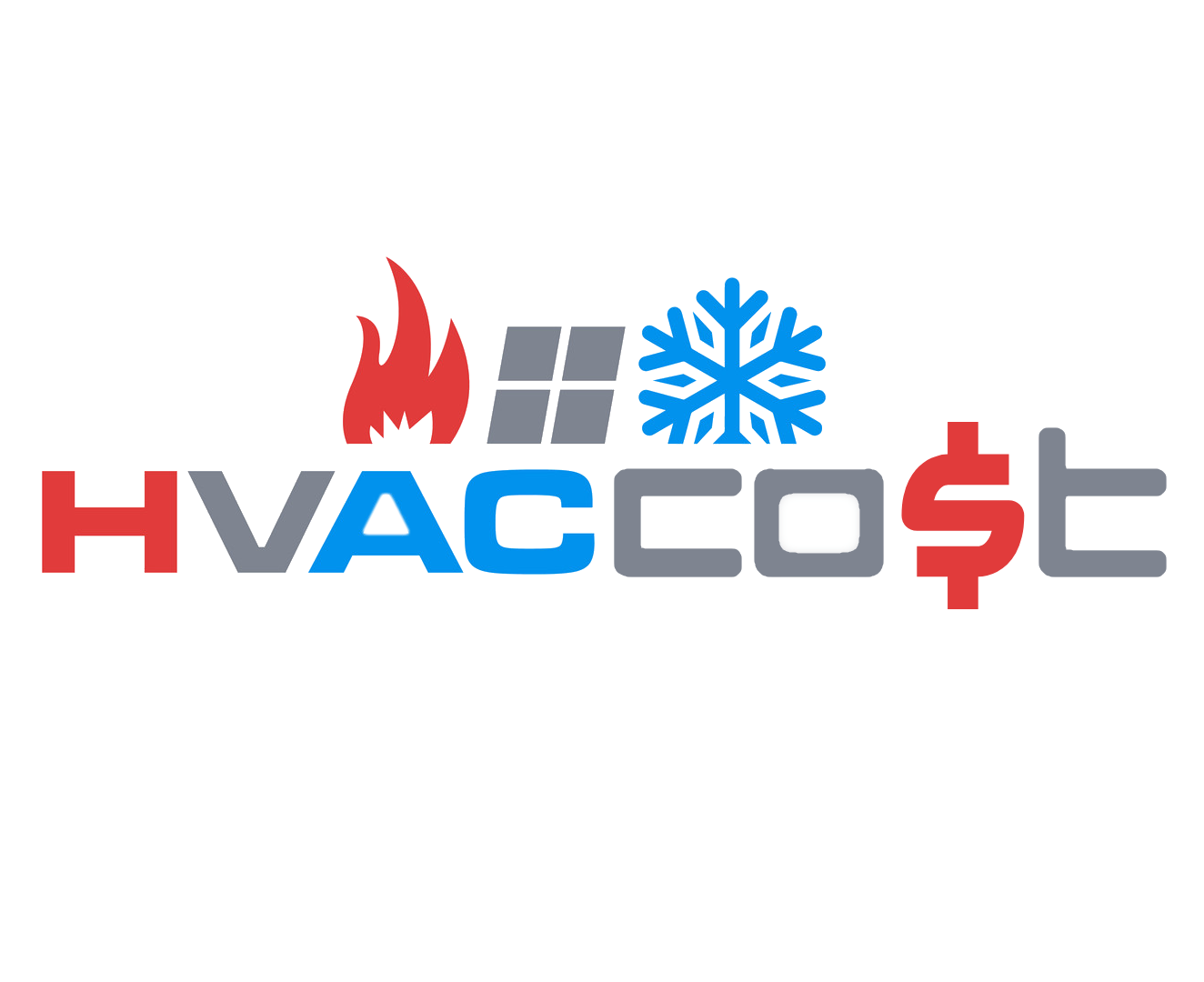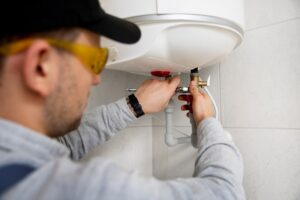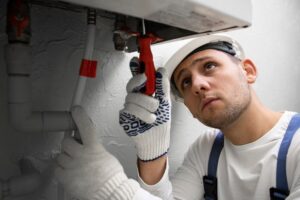When it comes to ensuring a steady supply of hot water for your household, a 50-gallon water heater is a popular choice for many homeowners. This size is typically suitable for families of 3-5 people, providing ample hot water for daily needs. However, budgeting for this essential appliance requires careful consideration of various factors. This article will provide insights into the costs associated with 50-gallon water heaters and offer tips for budgeting effectively.
Types of 50-Gallon Water Heaters and Their Price Ranges
There are several types of 50-gallon water heaters available, each with its own price range:
- Conventional Tank Water Heaters
- Tankless Water Heaters
- Heat Pump Water Heaters
- Solar Water Heaters
Let’s break down the typical price ranges for each type:
| Type | Price Range (Unit Only) | Installation Cost Range | Total Cost Range |
|---|---|---|---|
| Conventional Tank (Electric) | $300 – $700 | $200 – $700 | $500 – $1,400 |
| Conventional Tank (Gas) | $400 – $1,000 | $300 – $800 | $700 – $1,800 |
| Tankless | $500 – $2,000 | $500 – $1,500 | $1,000 – $3,500 |
| Heat Pump | $1,000 – $2,500 | $400 – $900 | $1,400 – $3,400 |
| Solar | $1,500 – $5,000 | $1,500 – $3,000 | $3,000 – $8,000 |
Note: These are general price ranges and can vary based on factors such as brand, specific features, and location.
Factors Affecting the Cost of 50-Gallon Water Heaters
Several factors can influence the price of a 50-gallon water heater:
- Brand: Well-known brands often command higher prices.
- Energy Efficiency: More efficient models typically cost more upfront but can lead to long-term savings.
- Fuel Type: Gas models often cost more than electric ones initially but may have lower operating costs.
- Features: Smart controls, enhanced insulation, or self-cleaning functions can increase the price.
- Location: Prices can vary by region due to differences in labor costs and market competition.
- Installation Complexity: Factors like venting requirements or the need for electrical upgrades can affect installation costs.
Budgeting Tips for Your 50-Gallon Water Heater Purchase
- Consider Long-Term Costs: While a cheaper model might be tempting, consider the long-term energy costs. A more efficient model could save you money over time.
- Factor in Installation Costs: Don’t forget to budget for professional installation, which can significantly add to the total cost.
- Look for Rebates and Incentives: Many utility companies and government agencies offer rebates or tax incentives for energy-efficient models. These can substantially offset the initial cost.
- Compare Quotes: Get multiple quotes from different retailers and installers to ensure you’re getting a competitive price.
- Consider Financing Options: If the upfront cost is a concern, look into financing options. Some retailers offer low or zero-interest financing for appliances.
- Plan for Maintenance Costs: Budget for annual maintenance to keep your water heater running efficiently and extend its lifespan.
- Check Warranty Coverage: A longer warranty might be worth paying extra for, as it can save you money on future repairs.
Energy Efficiency and Long-Term Savings
When budgeting for a 50-gallon water heater, it’s crucial to consider energy efficiency:
- Look for the Energy Factor (EF) rating. The higher the EF, the more efficient the water heater.
- ENERGY STAR certified models may cost more upfront but can save a significant amount over the life of the unit.
- According to the Department of Energy, a family of four can save $3,500 in energy costs over the lifetime of an ENERGY STAR certified heat pump water heater compared to a standard electric model.
Additional Costs to Consider
When budgeting, don’t forget these potential additional costs:
- Removal of Old Unit: $100 – $300
- Permits: $50 – $200, depending on your location
- Upgrades to Gas Lines or Electrical Systems: $200 – $1,000 or more
- Water Heater Pan and Drain Line: $50 – $200
- Expansion Tank: $40 – $150
- Water Softener (if needed): $500 – $1,500
Lifespan and Replacement Planning
The average lifespan of a 50-gallon water heater varies by type:
- Conventional Tank: 8-12 years
- Tankless: 20+ years
- Heat Pump: 10-15 years
- Solar: 20+ years for panels, 5-10 years for pumps and controllers
Consider setting aside money each year for eventual replacement. For example, if you expect your $1,000 water heater to last 10 years, budget $100 per year for replacement.
Financing Options
If you need to spread out the cost of your water heater purchase, consider these financing options:
- Home improvement store credit cards (often with promotional 0% interest periods)
- Personal loans
- Home equity loans or lines of credit
- Manufacturer financing programs
- Utility company payment plans
Always compare interest rates and terms before choosing a financing option.
Tips for Saving Money on Your Purchase
- Time Your Purchase: Look for sales during holiday weekends or end-of-season clearances.
- Bundle with Other Home Improvements: You might get a discount if you’re doing other home upgrades simultaneously.
- Consider a Hybrid Approach: Some homeowners install a smaller tankless unit for everyday use and keep their old tank heater for high-demand situations.
- Improve Insulation: Properly insulating your water heater and pipes can improve efficiency and potentially allow you to choose a smaller, less expensive unit.
The Cost of Delaying Replacement
If your current water heater is aging or inefficient, delaying replacement can cost you in several ways:
- Higher energy bills due to decreased efficiency
- Increased risk of costly water damage from leaks
- Emergency replacement costs if it fails unexpectedly
- Missed opportunity for energy savings from a new, efficient model
Conclusion
Budgeting for a 50-gallon water heater involves more than just looking at the sticker price. By considering factors like energy efficiency, installation costs, potential rebates, and long-term savings, you can make a wise investment that balances upfront costs with long-term value.
Remember to get multiple quotes, consider all associated costs, and factor in the potential for energy savings over time. While a more efficient model might have a higher upfront cost, it could save you significantly over its lifespan.
Lastly, don’t forget to budget for proper installation and regular maintenance. These costs are essential investments in ensuring the longevity and efficiency of your new water heater.
By taking a comprehensive approach to budgeting for your 50-gallon water heater, you can ensure that you’re making a choice that meets your household’s needs while also being financially prudent in both the short and long term.




